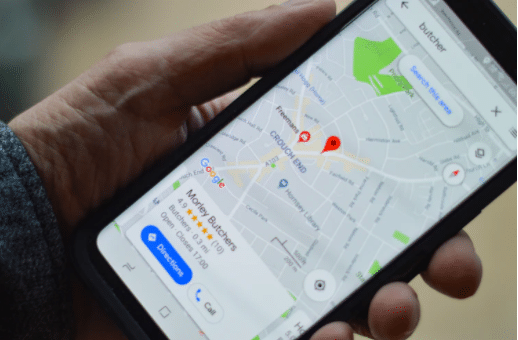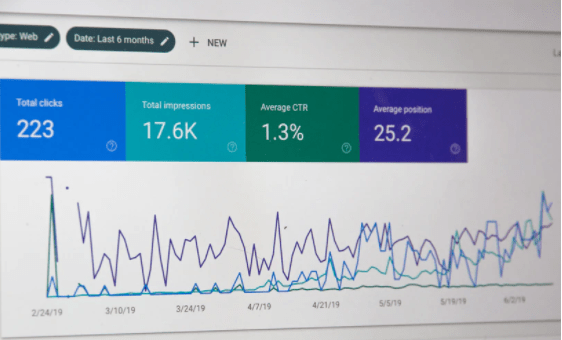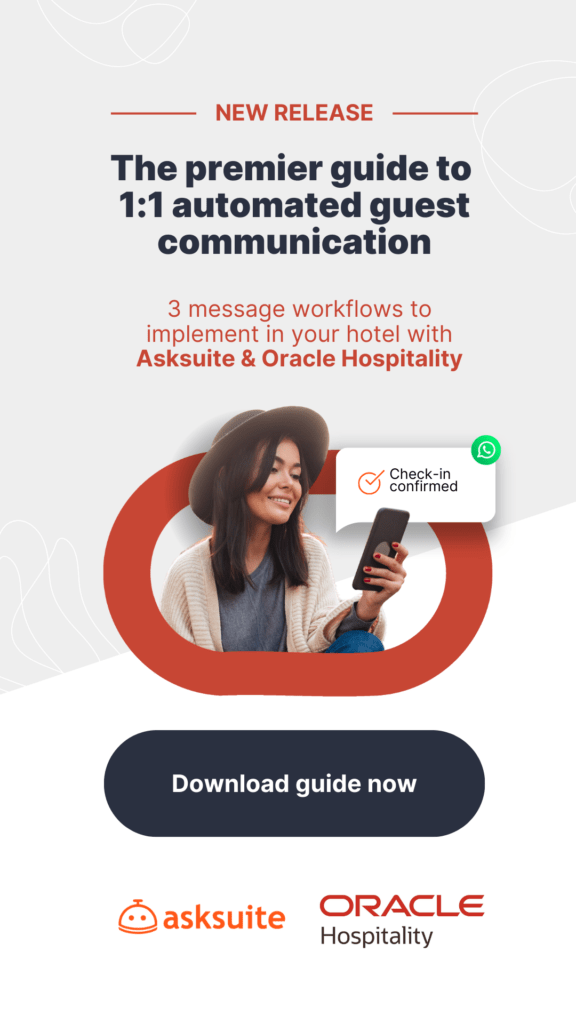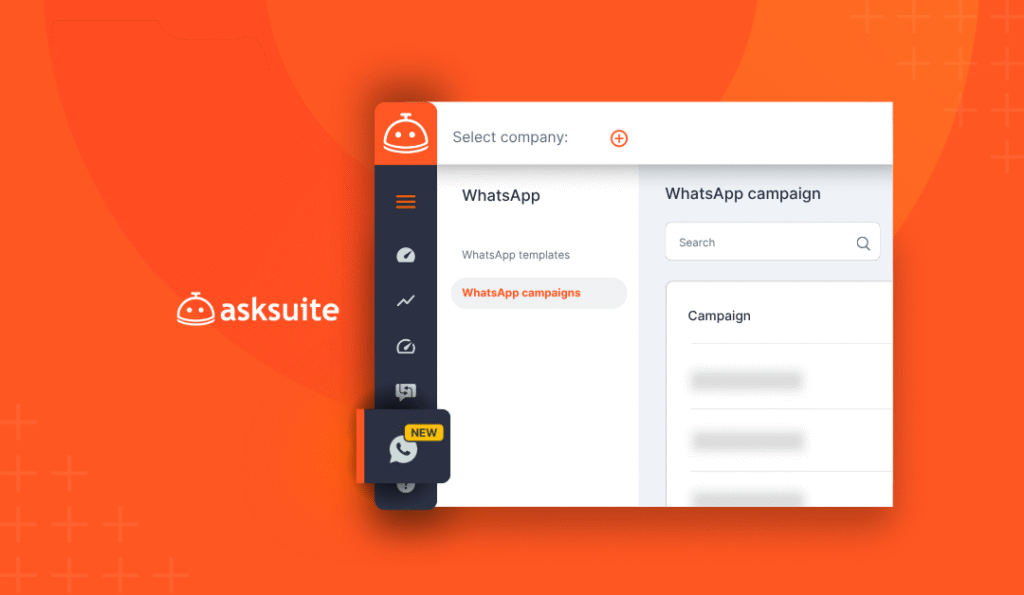Potential visitors to a hotel assess its quality not only by reviews and photos on the site. Therefore, it is crucial to pay attention to off-page search engine optimization and local SEO. These two elements allow you to attract your target audience and show them the merits of your hotel outside your website.
In this article, you will learn what off-page and local SEO is, and how to set it up perfectly for your hotel. Read on!
The Importance of Off-page and Local SEO For Hotels
What is the difference between internal and external SEO for hotels? Internal SEO includes all kinds of search engine optimization work on your business website. We are talking about different types of backlinks, content, site structure, uniqueness of texts, metadata, and other elements.
External SEO includes guest blogging, as well as interaction with external services. For example, the address of your hotel on Google Maps.
The same applies to local search engine optimization. Hotels need to do a good job of local SEO so that users can find them on online maps, as well as by the name of the location or tourist destination. Not all hotels work only with aggregators. Many bookings happen directly through the hotel’s website. Users often search for hotels in a particular region and research information about vacation spots on regional websites.
If you don’t use off-page and local SEO, you can lose up to 30% of potential visitors.
Did you know that a 0.1 second improvement to mobile site speed can grow conversion rates and the average order value? In this FREE ebook, you’ll learn valuable tips to turn your hotel’s website into a high-converting booking machine:
Local SEO For Hotels
Google My Business is one of the main tools for local promotion and hotel search engine marketing overall. It allows you to manage information about the company in the search engine, Google Maps, and collect reviews.
Key features of Google My Business that you can benefit from:
- To get targeted traffic to your site for free;
- To attract customers who are close to your company;
- To create a mini-site, a substitute for a full-featured Internet resource with telephone numbers, addresses, opening hours, and other important information;
- Strengthen trust in the brand through the publication of news and feedback from customers;
- Respond to the wishes and criticism of customers, working with the feedback received.
The information entered in Google My Business is displayed at the knowledge block (to the right of the main issue). It also appears on the maps, and in the Local Pack (usually above the main issue).

To successfully promote your site in local distribution, you need:
- In a simple, didactic, and short way, describe all your offers, how and where you can order your services or goods;
- Specify addresses and contacts of your company;
- Register the company in the directories of enterprises with the location;
- Constantly receive new links from reputable publications with good attendance (city and thematic portals, forums, catalogs);
- Actively promote the company on social networks;
- Ensure fast and stable operation of the site;
In general, local SEO also means the presence of information about your hotel on regional forums, city sites, bulletin boards. This is also related to off-page SEO, where you need to publish guest posts on local sites. That will increase the number of potential customers who are looking for a hotel in a particular location.
Off-Page SEO For Hotels
Off-page optimization for SEO is a decisive stage of website development that aims to be commercially successful. This optimization means getting links to your site from other web resources (from directories and blogs to news portals and resources with related topics).
Building up the archives of this type of link will gradually increase the importance of your resources on the Internet (in terms of search engines). It will also improve your brand reviews with positive comments, increase the traffic to your site and your conversion rates.
External optimization is all the things you do for a site’s reputation outside of it. These are the criteria by which search engines infer the quality of a site.

The four main elements of external search engine optimization for hotels
- Presentation of the site in search engine rankings;
- Reputation;
- External links;
- Social signals.
Each item is a group of factors. To achieve noticeable results, you need to work with each group. To determine weaknesses and build order of work, we recommend a comprehensive SEO audit. Let’s consider each point of external SEO of the site as a whole.
As in life, online reputation is relevant. There are two ways to build your site’s reputation: by increasing branded traffic and through reviews.
When working on external optimization and link building in 2021, the role of reviews is hard to overestimate. They are targeted not only by users but also by search engines. Sites that are positively reviewed, are more trustworthy and have a higher chance of getting to the top of searches.
In addition, a positive online reputation leads to better conversions. Users return to the site, which is excellent for behavioral ranking factors.
Requests with the name of your organization and which users click on it are called brand traffic. Well-known companies have up to 40% of branded traffic.
Tired of looking for the best ways to convert more bookings on your hotel website? Asksuite & Umi have joined forces to help your website stand out and make direct reservations go sky-high with a curated selection of guides and materials, which you can download for free: [Download Now]
Paths to increase branded traffic
- Start a hotel blog, which will contain useful information for visitors;
- Create a page on regional theme sites;
- Add your hotel to Google Maps;
- Launch contextual advertising on brand requests;
- Find partners who will mention the brand without pointing to the website;
Branded traffic is a signal that a company is trusted. It increases loyalty, and customers are more likely to return to your site, which improves behavioral factors.
One of the most important signs of a quality site according to search engines, is the presence of links to it from other sites.
This reflects in the positions in the results. There are two factors to consider when working with links: their quantity and quality. The more sites link to yours, the greater the credibility of search engines.
But the donor sites should be reputable, and they should not sell links. For safer guest posting for local businesses, you can use special services like Adsy.
Are travelers finding your hotel and converting on Google? Asksuite & Guestline have combined their efforts to bring you an easy way to get found by travelers and make sure they book with you. Learn how you can use Google Messages and Google Free Links to step up your booking game by downloading our e-book now:
Local and Off-Page SEO For Your Hotel
There are many ways to perform local SEO for hotels, as well off-page. The travel industry is highly competitive, but every year the demand for hotel spots grows. Therefore, do not miss the time. Use the tools described above to improve your hotel website position and brand promotion.
About the author: Nancy P. Howard has been working as a journalist at an online magazine in London for a year. She is also a professional writer on such topics as blogging, SEO, and marketing.








